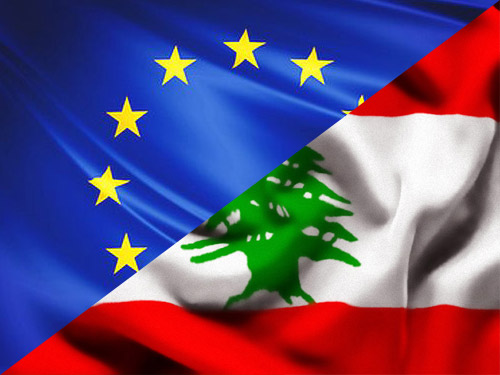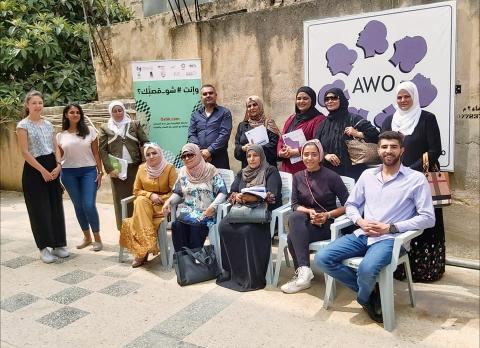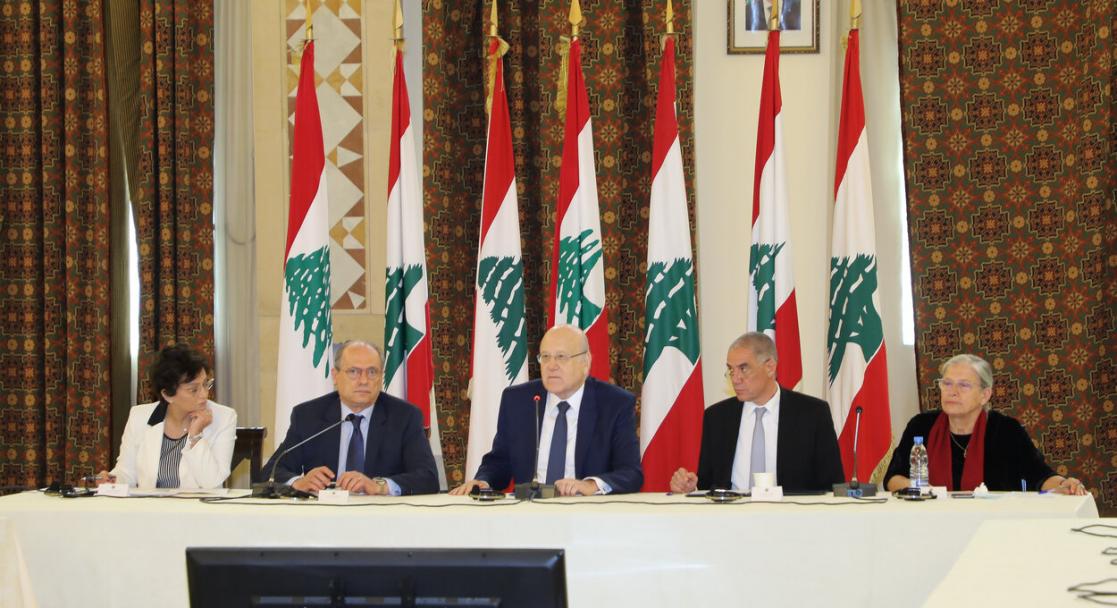Launch of Sustainable Energy Strategy of the Lebanese Armed Forces with the support of an EU project

Lebanon’s Ministry of Defence and the Lebanese Armed Forces Command launched this week the study entitled “Sustainable Energy Strategy of the Lebanese Armed Forces (LAF)” in collaboration with the EU-funded UNDP CEDRO Project.
The launch event was held under the patronage of Prime Minister Saad Hariri and in the presence of several ministers, the Commander in Chief of the Lebanese Armed Forces, General Joseph Aoun, the Head of the EU Delegation to Lebanon, Ambassador Christina Lassen, and the United Nations Special Coordinator for Lebanon, Sigrid Kaag.
The study has surveyed many different categories of buildings for the LAF across Lebanon and collected baseline information on energy use for 2015. From this baseline, the LAF aligned its targets to reduce its greenhouse gas emissions to match those of Lebanon as a country as set in the International Climate Change Agreement Paris Agreement. The targets are set to achieve a 30% reduction in greenhouse gas emissions by 2030, conditional on support from the international community. This reduction is to be achieved through the implementation of renewable energy and energy efficiency measures across various buildings and facilities of the LAF. In specific, a 20% renewable energy and 10% power demand reduction through energy efficiency will be achieved before or by 2030.
This study and these commitments are the first of their kind for any Arab army in the Middle East, highlighting the national security threat that climate change poses.
Read more
EU Delegation to Lebanon – website and Facebook page
EU Neighbours – Lebanon




























 Syria
Syria 





